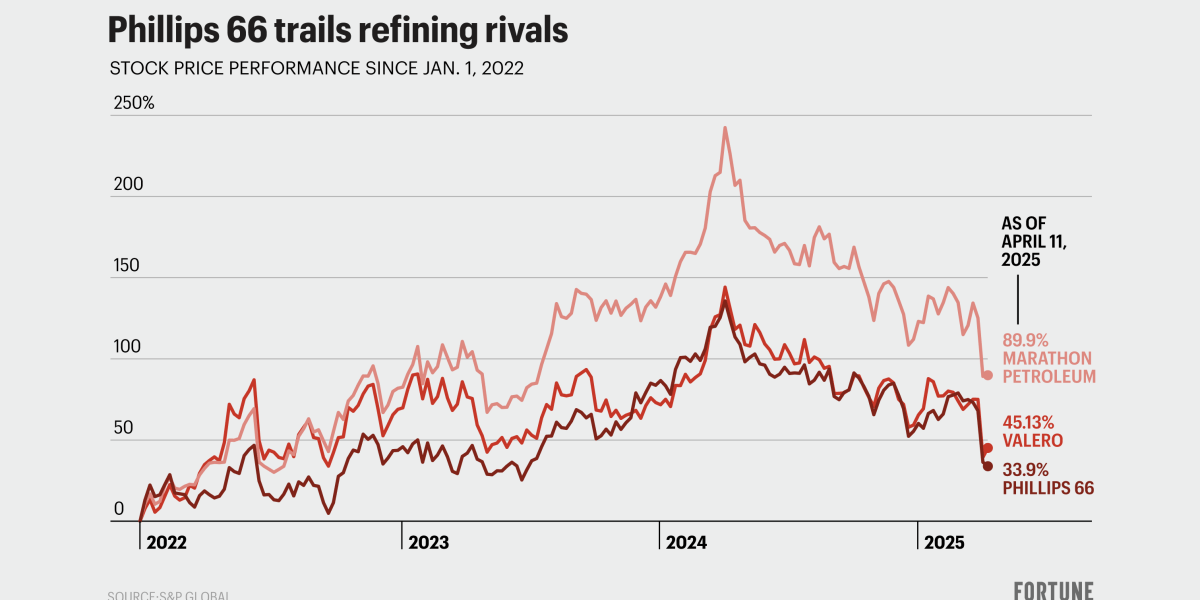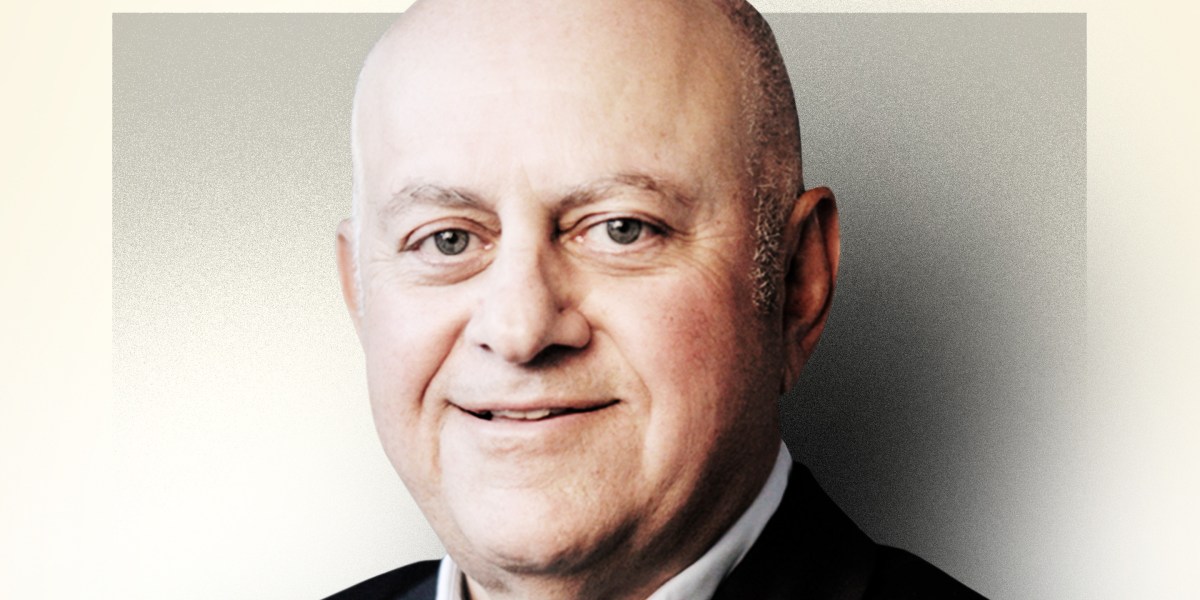- Tesla’s Q1 EV deliveries fell 13% to 336,700 vehicles over the same period last year, deepening the brand’s crisis and putting at risk its full-year forecast for a return to volume growth. Meanwhile, BYD sold 416,400 cars—and is now the industry leader. “Musk needs to get his act together or else unfortunately darker times are ahead for Tesla,” warned an analyst at Wedbush.
Tesla lost its crown as the world’s largest EV maker after quarterly vehicle sales slumped to a low not seen since the spring of 2022.
The company is now facing its biggest crisis in years. The brand has been targeted for a boycott just as its rapidly aging product range renders it most vulnerable to new competitors like BYD. Its Chinese arch-rival blew past Musk’s company effortlessly in the first three months of the year.
On Wednesday, Tesla posted delivery figures that showed Q1 volumes sank 13% to 336,700 vehicles, putting its full-year forecast for a return to volume growth at risk.
The result badly missed the 377,600 consensus estimate compiled by Tesla’s own investor relations department—typically more accurate than Bloomberg or FactSet. In fact, the figure was so low it fell well short of even the most bearish expectations from analysts like JPMorgan’s Ryan Brinkman, who had anticipated 355,000 vehicles.
“They were a disaster on every metric,” wrote Wedbush Securities analyst Dan Ives, summarizing Tesla’s worst performance since Q2 of 2022, when Chinese authorities ordered a COVID lockdown of its Shanghai plant.
The good news for investors is the market seemed more relieved than anything to finally have the expected bad news out in the open. Shares in Tesla, the most expensive Magnificent 7 stock based on price-to-earnings estimates, actually rose on Wednesday’s session, gaining over 3% to $277 in early trading. There were also rumors on X that Musk would soon leave his role as chief cost-cutter in the Trump Administration—Wedbush’s Ives in particular has been vocally demanding that Musk return to focusing on his car company.
“We think Tesla sentiment can change rapidly once catalysts emerge, and the next few months are catalyst-rich,” wrote Piper Sandler’s Alex Pottinger, citing upcoming product unveilings and June’s robotaxi launch in Austin.
Several weeks of Tesla production lost due to Model Y changeover
Tesla blamed the ugly results in part on the scheduled switch to a refreshed version of the Model Y. Many customers looking to buy last year’s best-selling car in the world chose to postpone an order to wait for its March launch in order to receive the updated version with some alterations to its interior and exterior styling.
Management had warned already in January it would temporarily halt all manufacturing of the vehicle in its Fremont, Austin, Berlin and Shanghai sites to arrange for the necessary retooling.
“While the changeover of Model Y lines across all four of our factories led to the loss of several weeks of production in Q1, the ramp of the New Model Y continues to go well,” it said.
This led to production declining 16% to 362,600 vehicles, its lowest since the summer of 2022.
But while this shutdown means there were possibly a higher share of finished but unsold vehicles en route to overseas markets, it doesn’t explain entirely why Tesla still produced a chunky 26,000 more cars than it could deliver.
‘Musk needs to get his act together or else unfortunately darker times are ahead’
Moreover its upscale vehicles unaffected by the Model Y changeover performed little better. Deliveries of the Model S, X and Cybertruck—which are reported together—fell to 12,900 vehicles, well below any number since early 2023 prior to the pickup’s launch. How much of that is attributable to a recall of the Cybertruck is difficult to determine, since Tesla doesn’t break out its numbers.
Nevertheless these red flags suggest demand problems are far greater than Musk has ever admitted, as customers shift away from the brand due to a lack of models compelling enough to ward off newer competitors.
Take BYD for example. Despite being limited almost exclusively to the Chinese domestic market and some parts of Europe, sales of its fully electric vehicles soared by 38% to eclipse 416,000 cars sold through the end of the first quarter.
Just when Tesla is genuinely starting to struggle in the market, Musk has made things worse for his investors by allying with the populist far right. The resulting backlash has led to existing customers afraid of driving their Tesla or leaving the parked vehicle unattended.
Amid the brand’s dire Q1 performance, Wedbush analyst Ives quickly forgot his praise last week for Musk after he sought to settle investor nerves with an all-hands meeting.
“This quarter was an example of the damage Musk is causing Tesla,” Ives wrote. “Musk needs to get his act together or else unfortunately darker times are ahead for Tesla.”
This story was originally featured on Fortune.com
Source link

 Entertainment8 years ago
Entertainment8 years ago
 Politics8 years ago
Politics8 years ago
 Entertainment8 years ago
Entertainment8 years ago
 Entertainment8 years ago
Entertainment8 years ago
 Tech8 years ago
Tech8 years ago
 Tech8 years ago
Tech8 years ago
 Tech8 years ago
Tech8 years ago
 Politics8 years ago
Politics8 years ago







